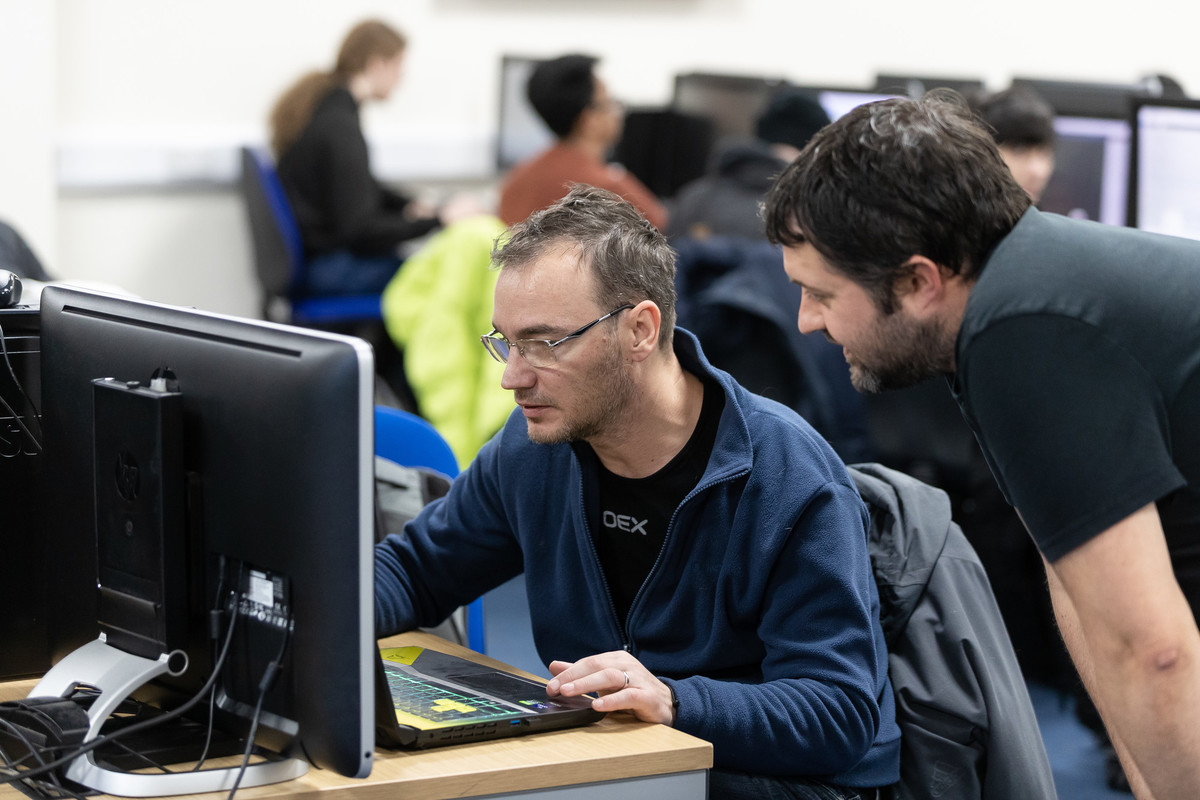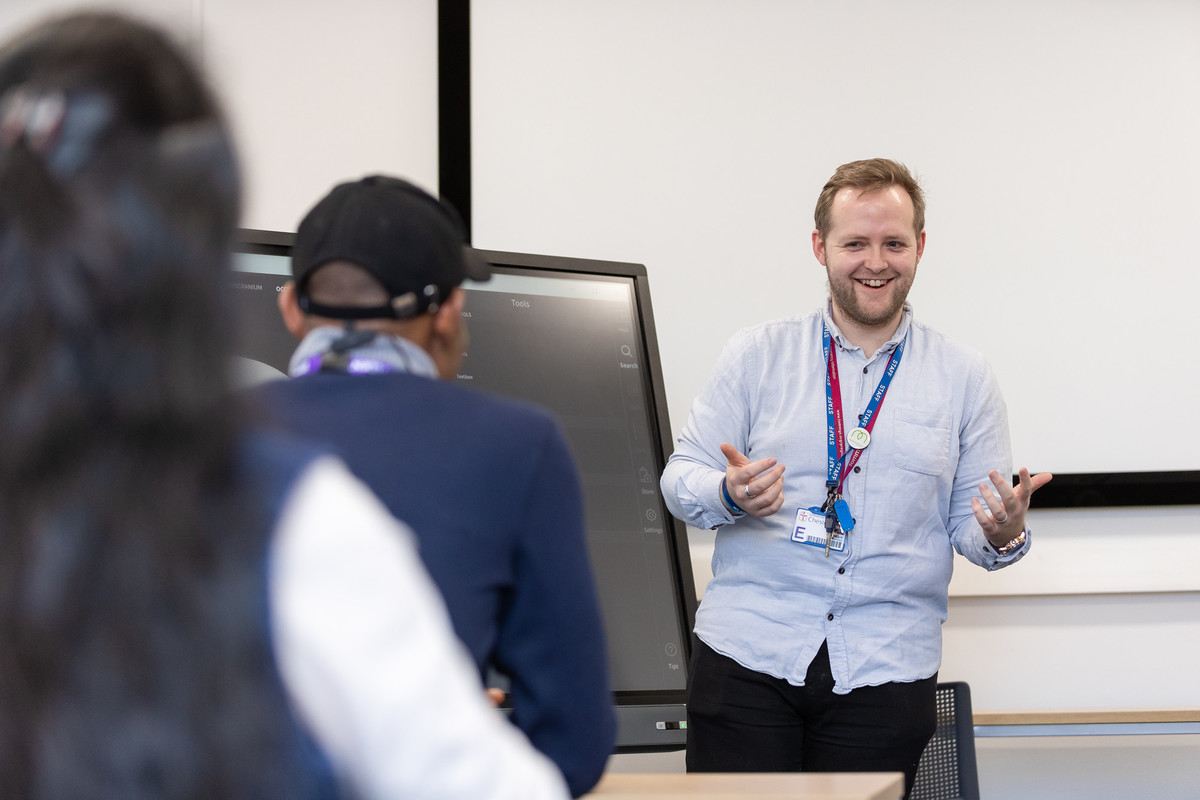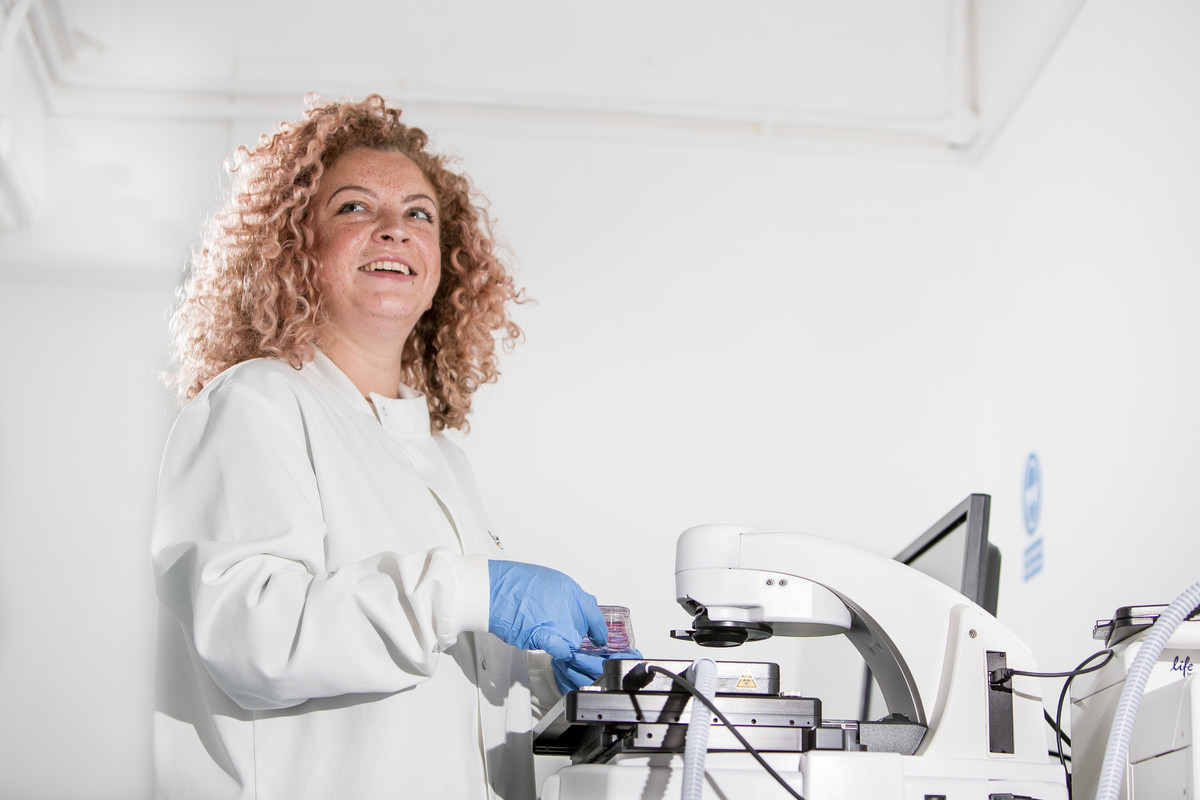Applicants should normally possess an upper second class honours degree in any relevant discipline with additional emphasis placed upon the student's preparedness for study and performance at interview which will inform the selection process. A lower second class degree may be mitigated by substantial relevant work experience.
Decisions concerning the allocation of credit, either for admission or advanced standing, will be the responsibility of a Credit Allocation Panel. Credit value will be given for appropriate certificated or experiential learning completed within the previous five years and through which an applicant can demonstrate prior achievement of learning outcomes related to one or more programme modules. A student seeking advanced standing must apply before enrolment.
Each student will be interviewed as required in all Chester Research Degrees and the Interview record form will be completed and submitted to Postgraduate Research Admissions with the completed application.





